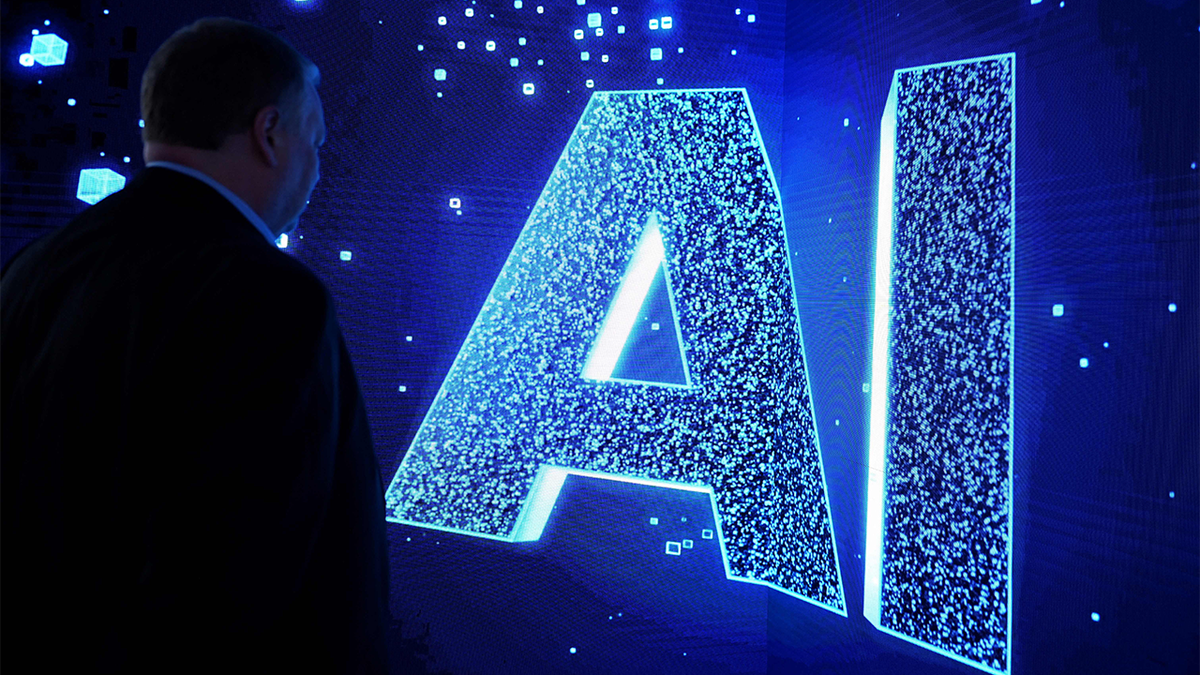Fox News Flash top headlines for November 28
Fox News Flash top headlines are here. Check out what's clicking on Foxnews.com.
The potential threat posed by the rapid development of artificial intelligence (AI) means safeguards need to be built in to systems from the start rather than tacked on later, a top U.S. official said on Monday.
"We've normalized a world where technology products come off the line full of vulnerabilities and then consumers are expected to patch those vulnerabilities. We can't live in that world with AI," said Jen Easterly, director of the U.S. Cybersecurity and Infrastructure Security Agency.
"It is too powerful, it is moving too fast," she said in a telephone interview after holding talks in Ottawa with Sami Khoury, head of Canada's Centre for Cyber Security.
NSA ANNOUNCES NEW ARTIFICIAL INTELLIGENCE SECURITY CENTER: 'DESPERATELY NEEDED'

Agencies from 18 countries, including the United States, have endorsed new guidelines on AI cybersecurity. These guidelines focus on ensuring secure design, development, deployment and maintenance of AI systems, addressing security considerations throughout the entire lifecycle of AI capabilities. (JOSEP LAGO/AFP via Getty Images)
Easterly spoke the same day that agencies from 18 countries, including the United States, endorsed new British-developed guidelines on AI cyber security that focus on secure design, development, deployment and maintenance.
"We have to look at security throughout the lifecycle of that AI capability," Khoury said.
Earlier this month, leading AI developers agreed to work with governments to test new frontier models before they are released to help manage the risks of the rapidly developing technology.
"I think we have done as much as we possibly could do at this point in time, to help come together with nations around the world, with technology companies, to set out from a technical perspective how to build these capabilities as securely and safely as possible," said Easterly.








































